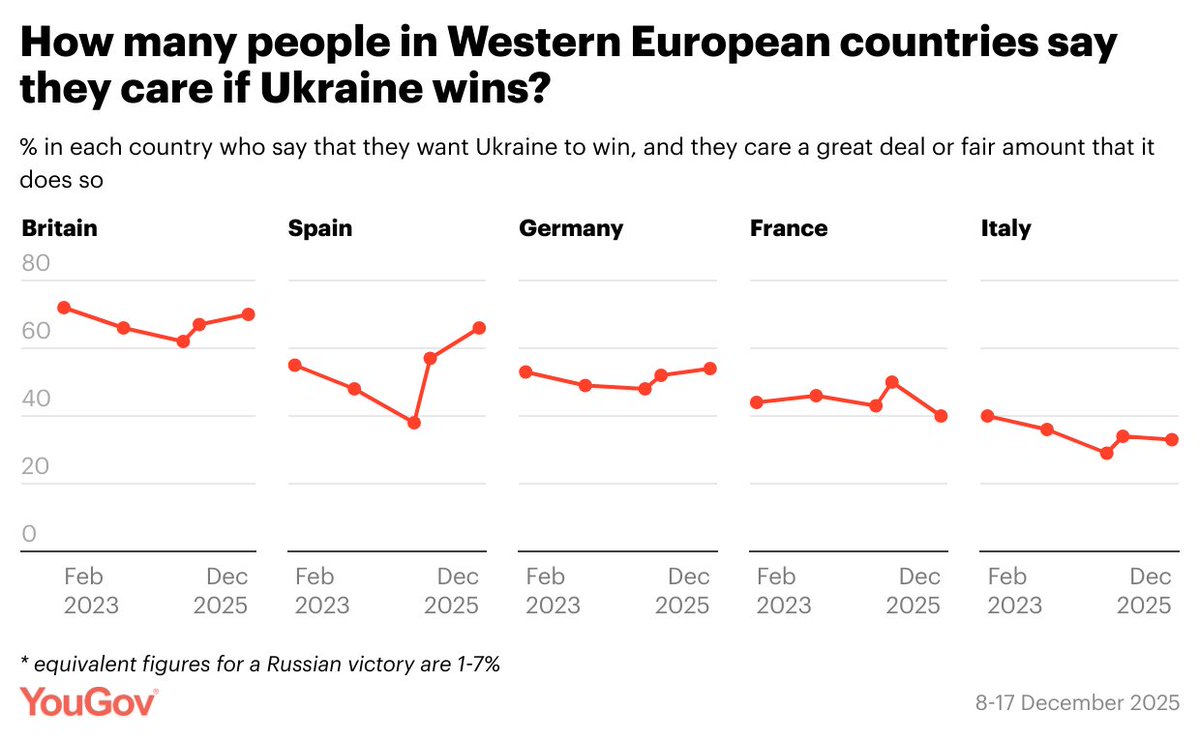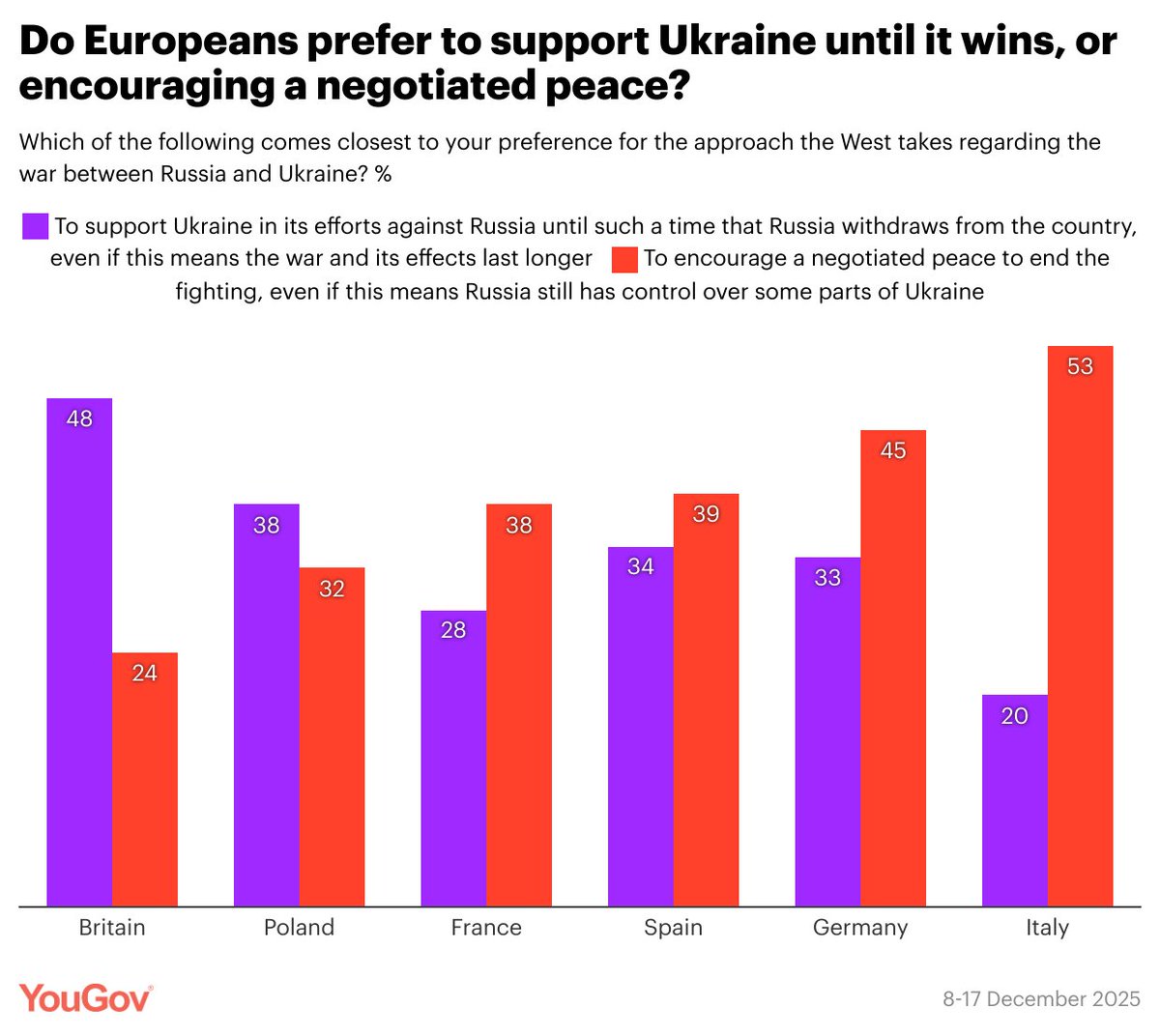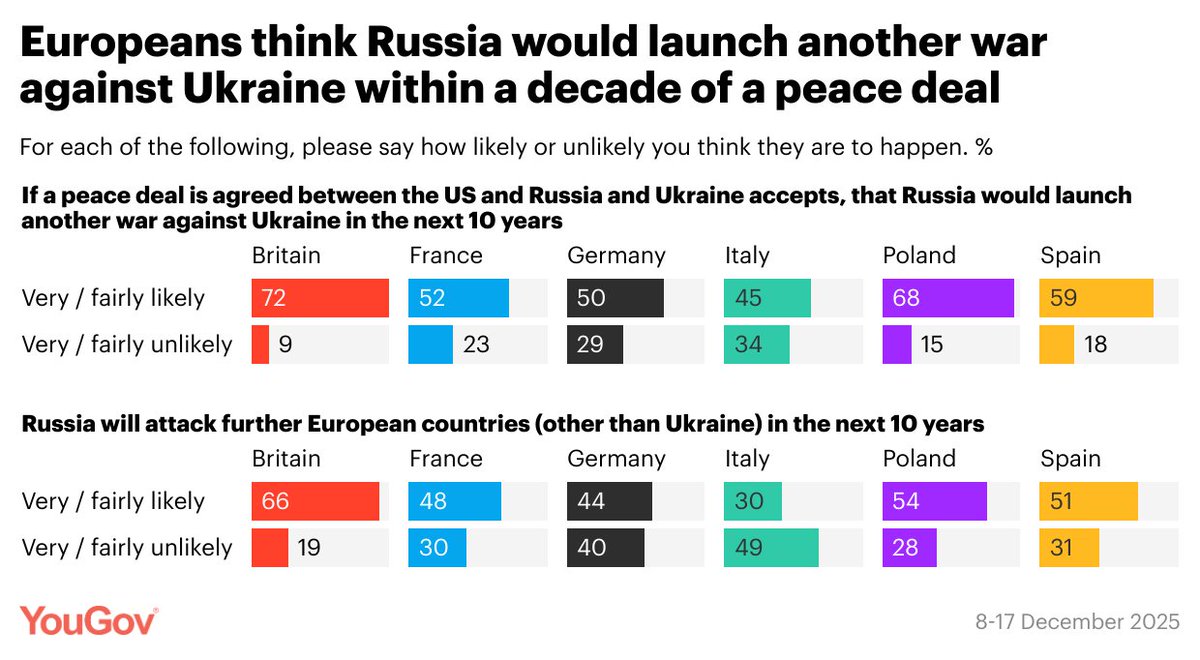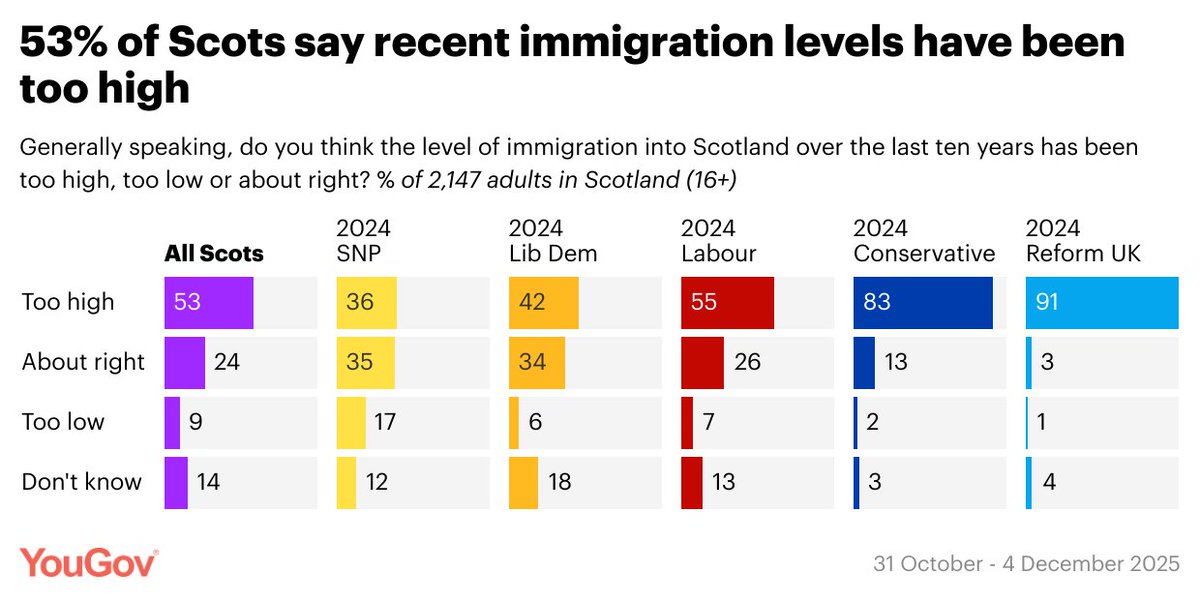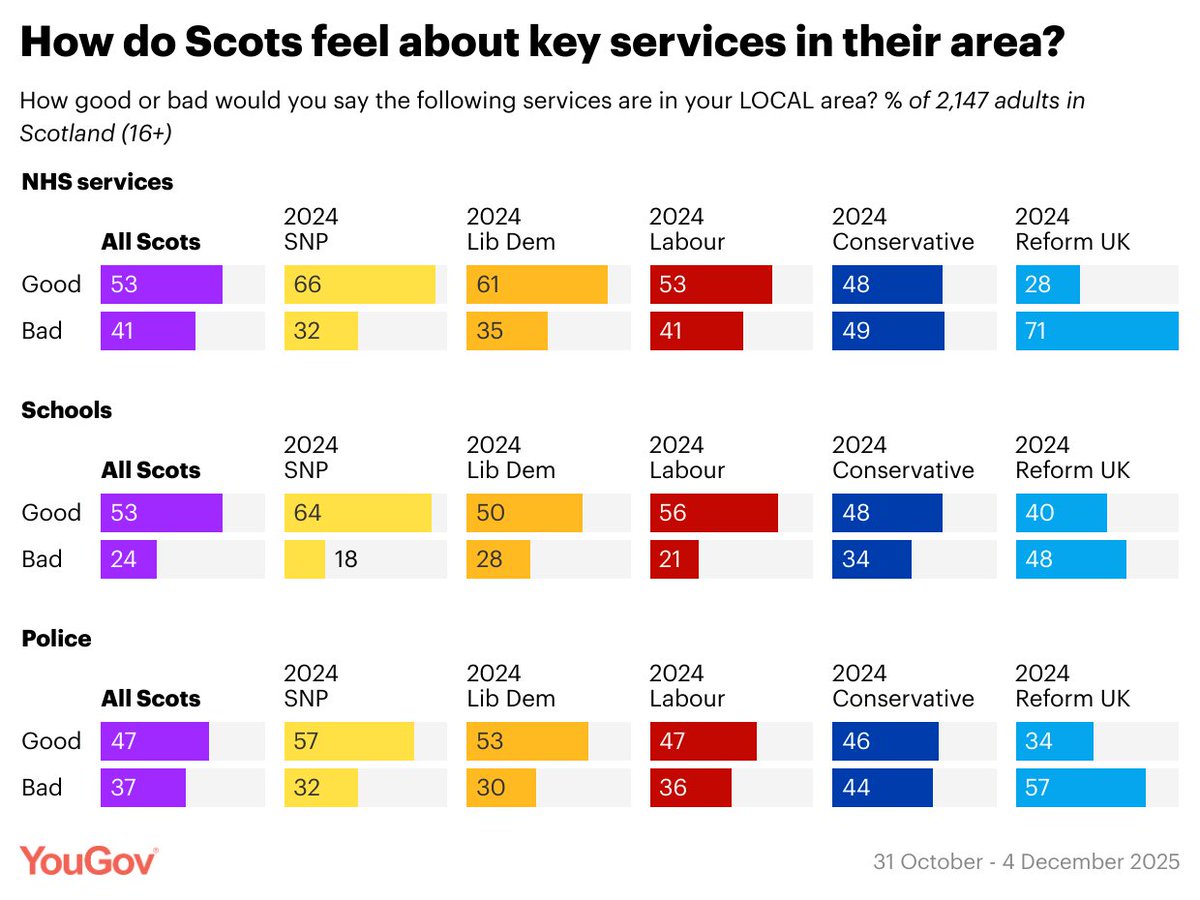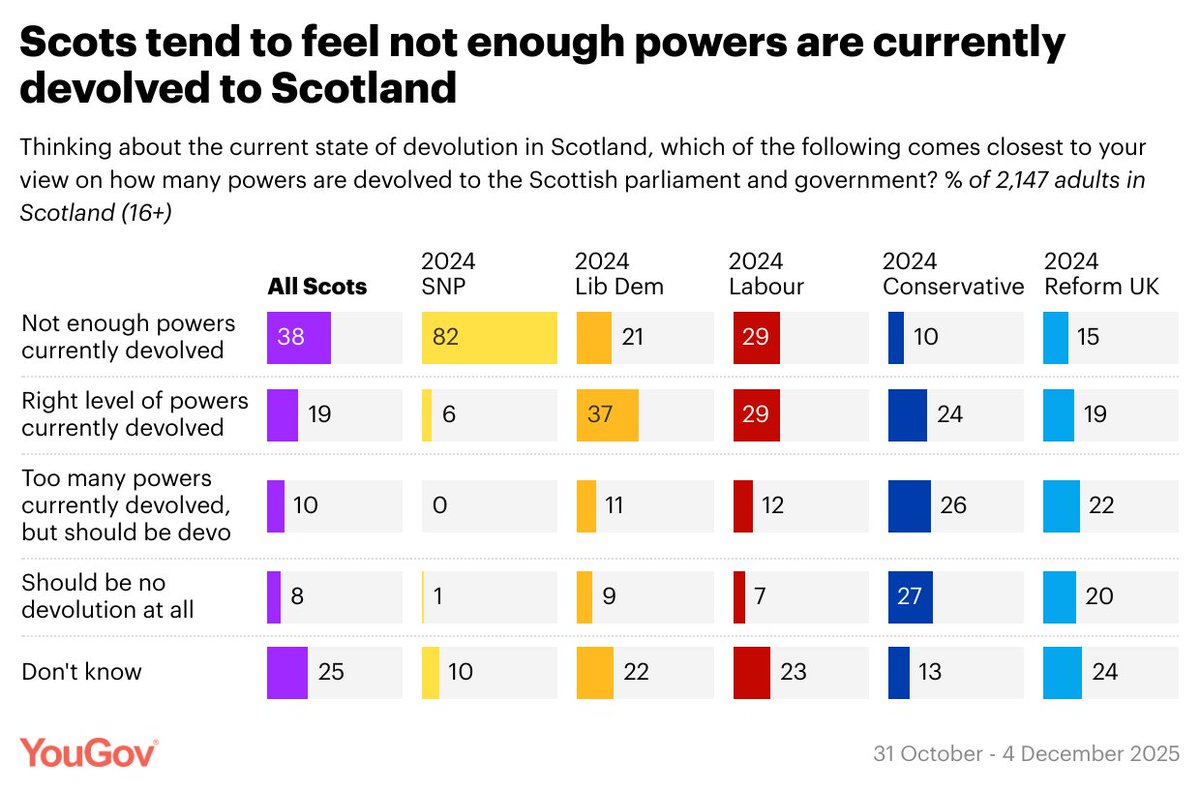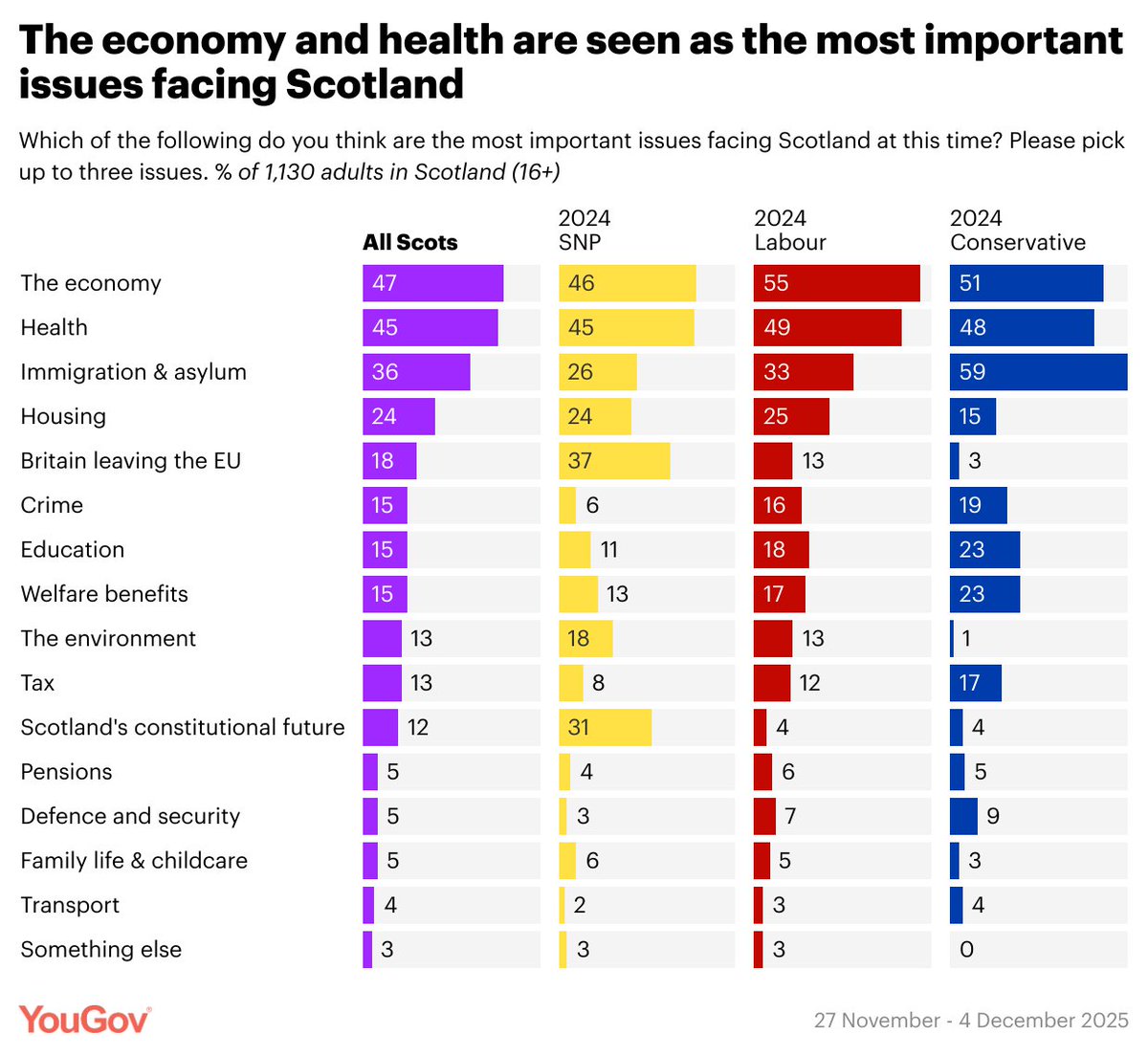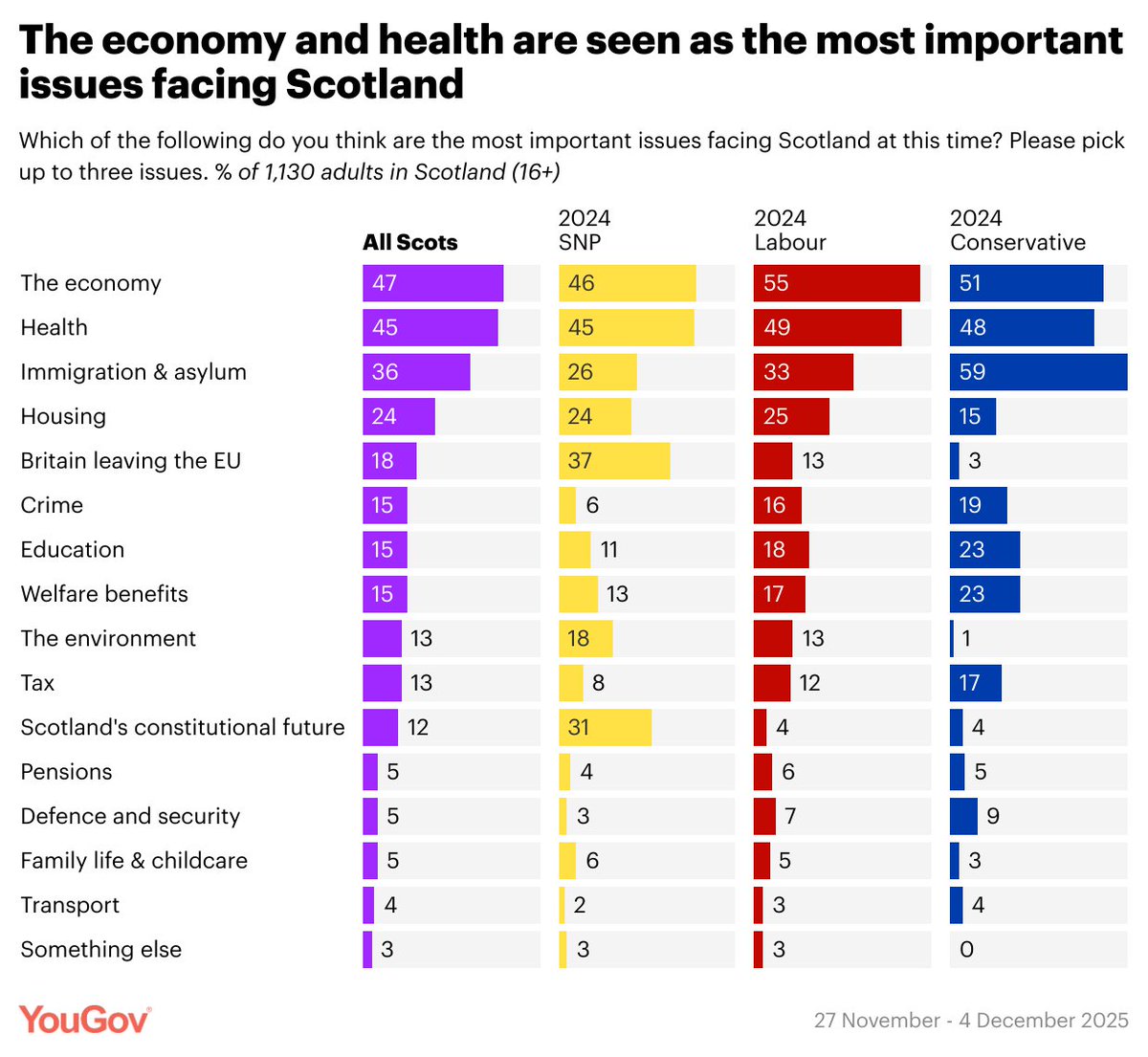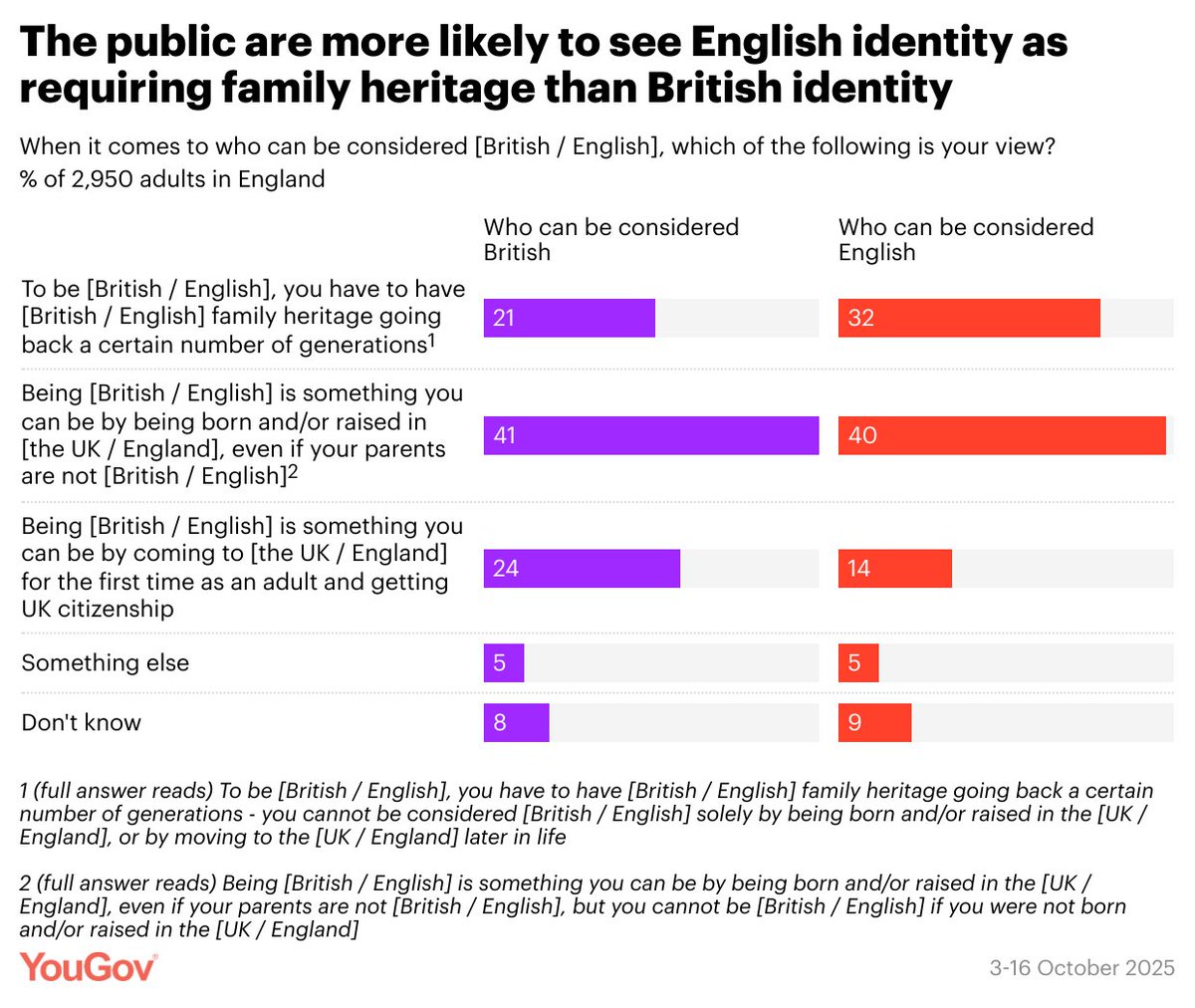Tonight would have been the 11th week of #ClapForCarers. 63% of Brits agree with the decision to wrap up the event last week, however. Only 19% think it should have continued
yougov.co.uk/topics/politic…
yougov.co.uk/topics/politic…
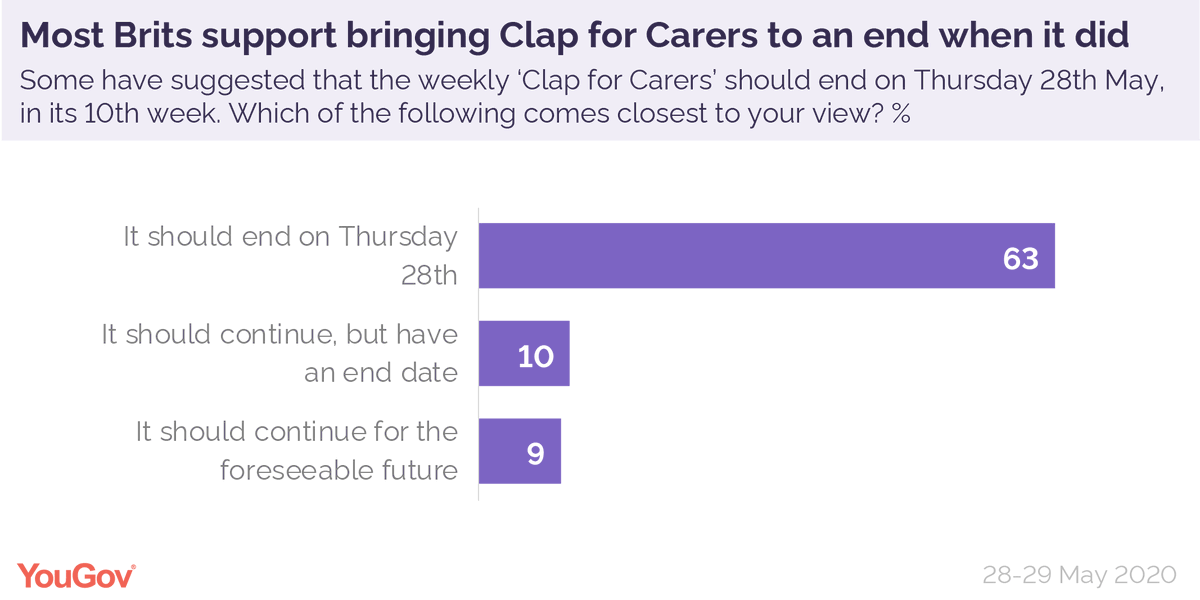
Overall 69% of Britons participated in at least one #ClapforCarers, including 29% who took part every week. Only 29% didn't take part at all yougov.co.uk/topics/politic… 

By the end of its run 44% of Brits thought that #ClapforCarers was becoming, or had become, politicised.
yougov.co.uk/topics/politic…
yougov.co.uk/topics/politic…
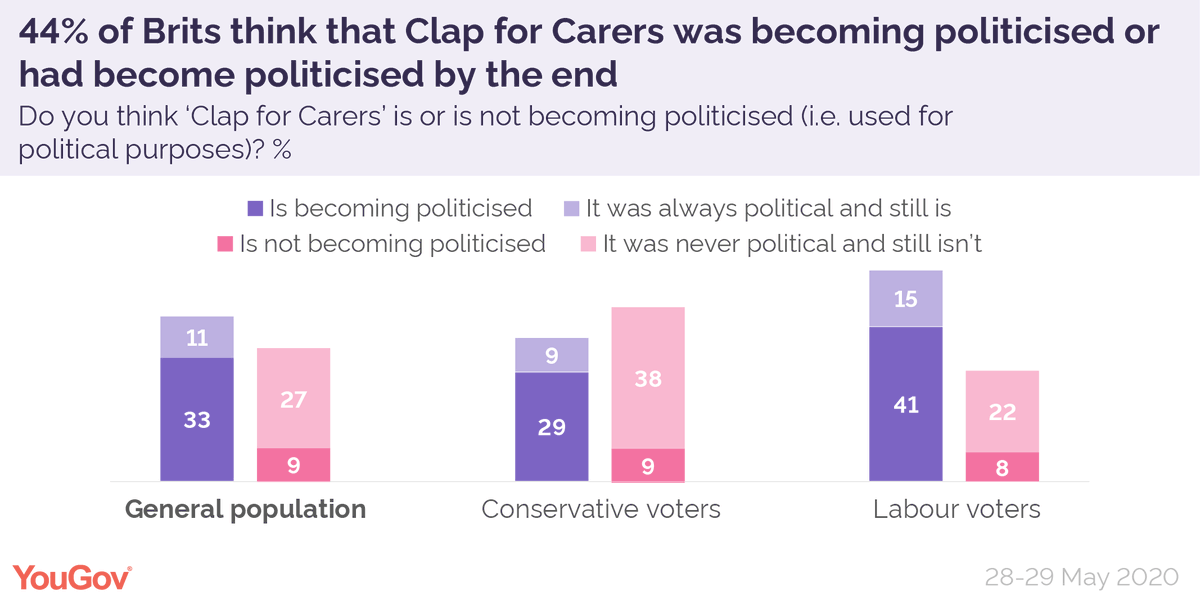
• • •
Missing some Tweet in this thread? You can try to
force a refresh


